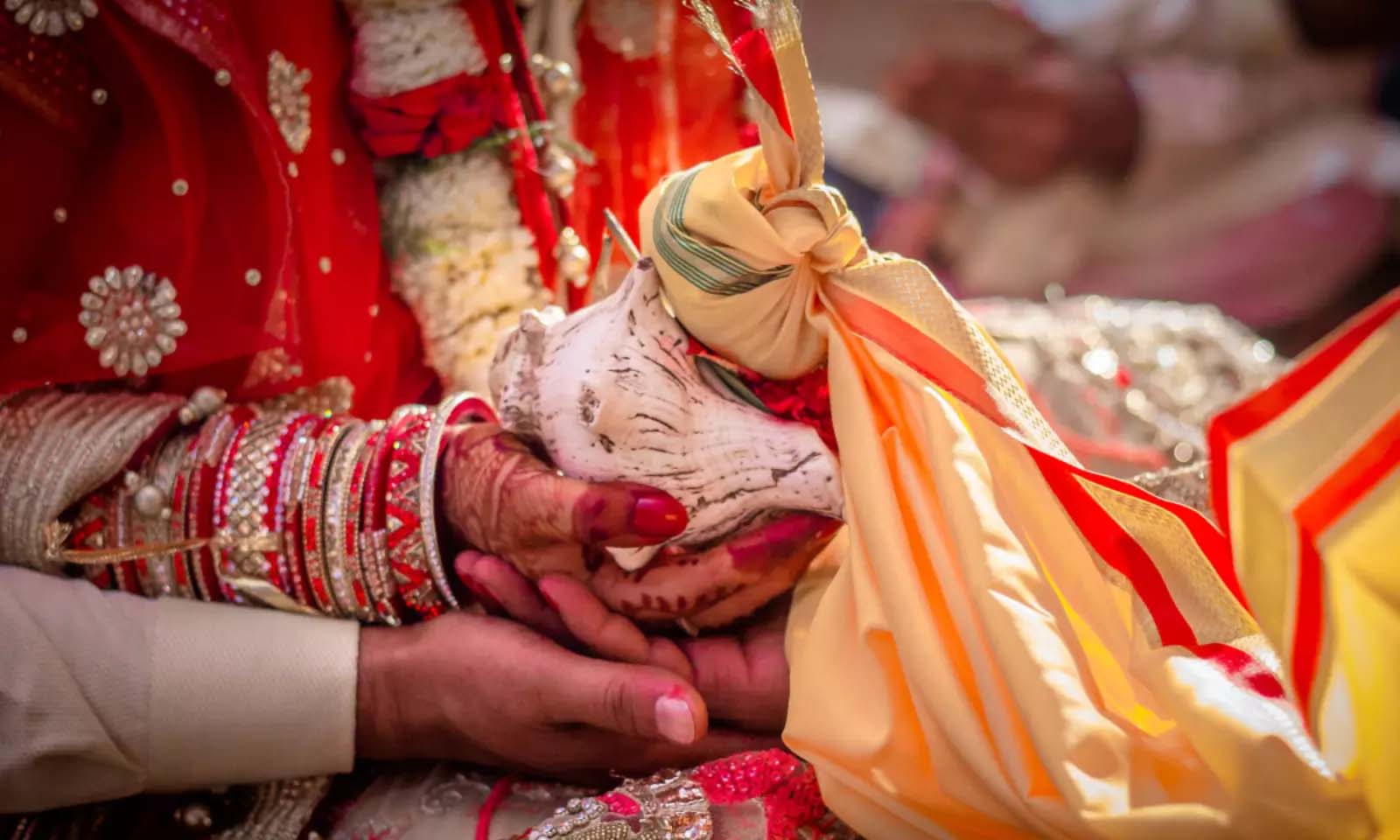Allahabad Court’s Verdict: Hindu Weddings Redefined
<p>In a matrimonial discord case, the Lucknow bench of the High Court remarked that the customary act of Kanyadaan does not hold obligatory status for sanctifying a Hindu marital bond under the purview of the Hindu Marriage Act. The court emphasized that, as per legal stipulations, the Saptapadi ritual stands as the sole requisite tradition […]</p>

Allahabad Court’s Verdict: Hindu Weddings Redefined
In a matrimonial discord case, the Lucknow bench of the High Court remarked that the customary act of Kanyadaan does not hold obligatory status for sanctifying a Hindu marital bond under the purview of the Hindu Marriage Act. The court emphasized that, as per legal stipulations, the Saptapadi ritual stands as the sole requisite tradition for the solemnization of a Hindu matrimonial union.
This assertion was articulated by Justice Subhash Vidyarthi, serving as the sole adjudicator on a criminal revision plea filed on behalf of Ashutosh Yadav. The petitioner sought a retrial of sorts in an ongoing criminal litigation concerning marital discord. However, the plea for resummoning a witness was rebuffed by the trial court, compelling the petitioner to seek redressal from the High Court.
The petitioner contended that it was imperative to re-summon prosecution witnesses, including the plaintiff, to ascertain the occurrence of his wife’s nuptials.
In response, the court invoked Section 7 of the Hindu Marriage Act, where the Saptapadi ritual is mandated for Hindu matrimonies. Given this legal provision, the inquiry into the occurrence of Kanyadaan was deemed irrelevant by the court. Consequently, there arose no necessity for re-summoning witnesses. Thus, the revision petition was dismissed with these deliberations.
Furthermore, the Court decreed that the discretionary power vested in the court under Section 311 CrPC should not be exercised whimsically, solely at the behest of the plaintiff. Such authority should only be invoked when indispensable for the summoning of a witness to facilitate a judicious resolution of the case. Hence, the criminal revision plea was turned down by the court








